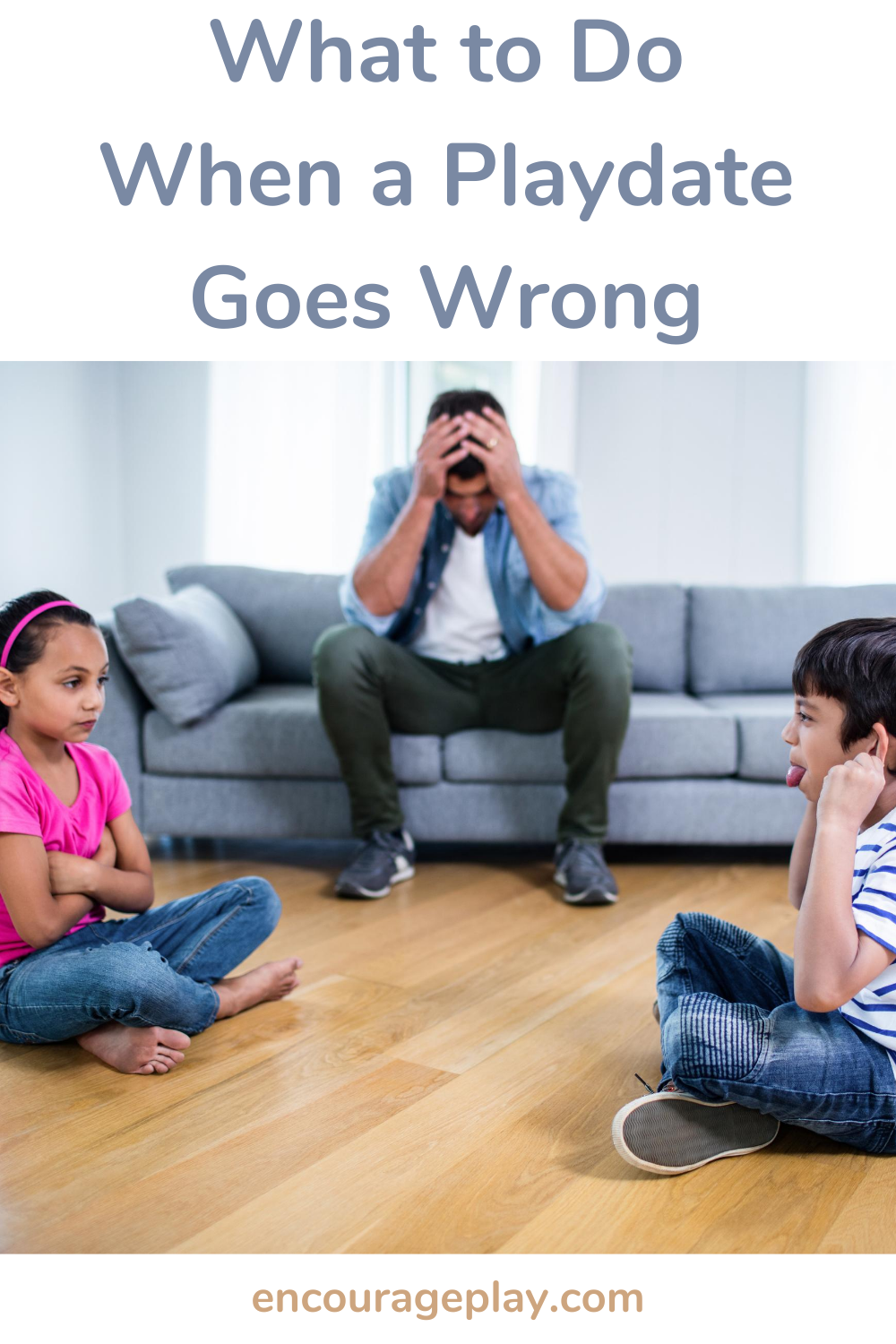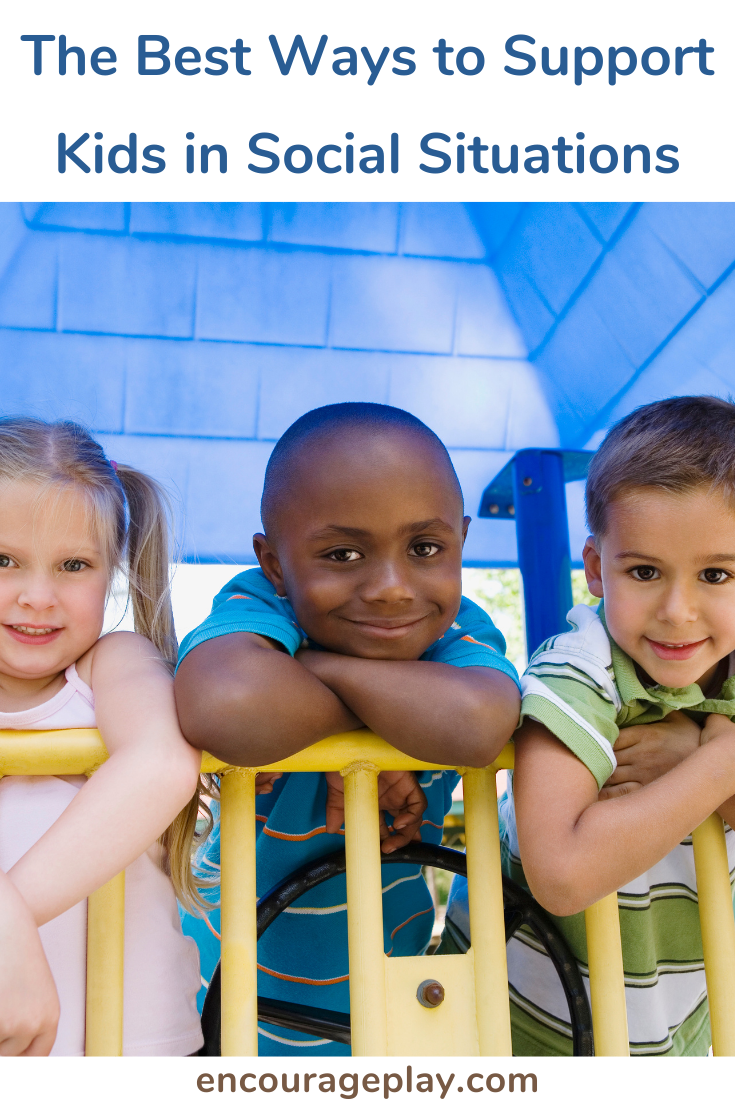This podcast originally came out after schools re-opened after the COVID lockdowns. While we have been back in school for a while, I’m still seeing challenges with social skills, so I wanted to share this podcast episode as a way to support those kids who need extra help with social skills.
Open Ended Play, Loose Parts, and Playdates
8 Tips for a Successful Playdate
Tips for Setting Up Playdates
You’re on the phone with the school counselor, talking about the concerns you have about your son’s social skills. You hear the words you’ve been dreading - “Mrs. Jackson, one of the best ways to work on these skills is on a play date with one other child. Maybe it makes sense to try to set up a few playdates for him”. But how do you do that? Where do you even begin?
Setting up and prepping for a playdate doesn’t need to be super complicated or take a lot of time. Check out these tips to help you set up and host a successful playdate for your child!
What to do when a playdate goes wrong
You’ve taken the time to set up a playdate. You found a potential friend, you invited them to play at your house or at a playground and things are going really well. Then, something unexpected happens. Maybe it’s an argument, yelling, or even hitting (eek!!). What do you do?
The Best Ways to support kids in social situations
I was invited to join a group of wonderful bloggers to write for the series Happy New Year, Healthy Kids. This series is focused on ways we can help our kids be happy and healthy in this new year. But what do social skills and friendship have to do with health?
Think for a minute about the positive friendships in your life. Healthy friendships provide support, make you feel connected with others, reduce your stress and increase your happiness. It’s so wonderful to have these people around you! In order for kids to start and maintain friendships so they can experience these benefits too, kids need to learn social skills and how to interact positively with others.
Book Review - It's so much work to be your friend
One of my colleagues and dear friends recommended that I should read this book. I’m so glad she did. I absolutely love it! The central focus of this book is that “children with learning problems tend to struggle with social relationships”. The author gives practical advice and everyday ways you can help your child improve their social functioning. He recognizes that due to children’s learning disabilities, they may not be able to pick up on the social cues like other kids, so they need more direct instruction and guidance to learn how to interact with others and be a good friend.







